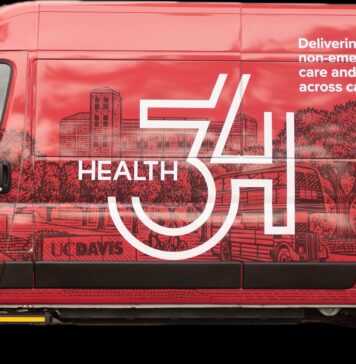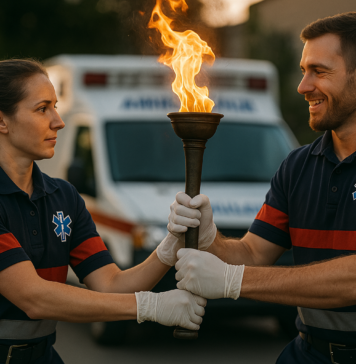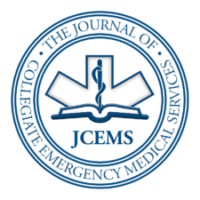Compassion Meditation to Improve Psychological Well-being Among Volunteer Collegiate Emergency Medical Technicians
Student volunteer EMS providers are often under significant mental and physical stress which may lead to provider burnout and decreased compassion malleability. The authors demonstrate the efficacy of Cognitively-Based Compassion Training on addressing these conditions.
Innovation in Collegiate Emergency Medical Services
The authors review potential uses of current and future innovations in EMS and discuss our Call for Papers for an upcoming special JCEMS edition.
Presumptive Diagnosis of Alcohol Intoxication as the Etiology of Altered Mental Status in Collegiate...
Altered mental status is a common emergency call at universities, and for collegiate-based EMS providers this chief complaint is frequently found secondary to alcohol intoxication. The results of this research demonstrate evidence that EMTs may presumptively attribute alcohol intoxication as the etiology of AMS, as evidenced by the underutilization of key AMS assessments.
2024 Conference Academic Poster Session Posters
Posters from the Academic Poster Session at the 2024 Annual National Collegiate Emergency Medical Services Foundation Conference
Advising Resilient Healthcare Teams
McMaster University's Emergency First Response Team (EFRT) has curated a multi-step, highly selective hiring process that has led to exemplary retention rates.
Standing Up and Staffing a Covid Vaccine Clinic on a Collegiate Campus
The University of California – Davis Fire Department discusses their experience setting an administering an on-campus COVID-19 vaccine clinic.
Opioid and Alcohol Co-Ingestion
Although college campuses have historically been regarded as a protective influence against the development of substance use disorders, substance use and misuse have risen to become one of the most widespread public health concerns facing U.S. college campuses in the past decade. This article discusses pertinent pharmacology, clinical presentations, and treatment guidelines for co-ingestion of alcohol and opioids.
Improvements in the Self-Efficacy of CPR Performance Following a Brief Hands-only Training Program for...
Bystander CPR has been shown to significantly improve survival from out-of-hospital cardiac arrest (OHCA), yet rates of bystander CPR remain low across the United States. This paper outlines a brief HOCPR training that was successfully implemented by a collegiate-based EMS agency.
Evaluation of Transport Policies for Intoxicated Undergraduate Students by Undergraduate Emergency Medical Services Agencies
The authors compare existing and desired transport policies for intoxicated undergraduate students among collegiate EMS agencies.
Ambulance Usage on a Collegiate Campus as a Function of Age and Gender
Bradshaw et al. attempt determine if age and gender exert significant influence on a patient’s decision to utilize ambulatory transport to the emergency department.


















